Status symbols are always changing, and what once signalled success, wealth, or prestige can start to feel a little dated as tastes and values evolve.
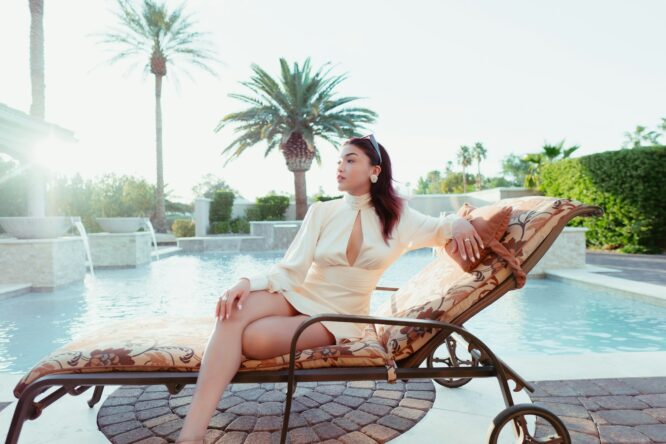
Sometimes it’s because the world’s moved on, and other times it’s because we’ve collectively realised that real confidence doesn’t need a flashy display. If you’ve ever looked at something that used to feel aspirational and now just makes you cringe a bit, you’re not alone. Here are some of the things that were once major status symbols, but now feel more depressing than impressive.
1. Oversized designer logos
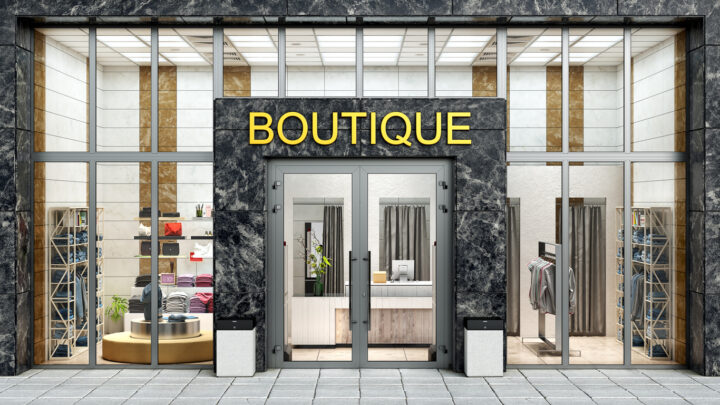
There was a time when walking around with a handbag, belt, or hoodie plastered with brand logos was the ultimate flex. The bigger the branding, the louder the message: “I’ve made it.” Now, many people lean toward subtlety and quiet luxury. Flashy logos can feel a bit try-hard, and understated style often feels more current—and ironically, even more expensive. Being subtle now says more than screaming status ever did.
2. Owning a landline with multiple handsets

Back in the day, having a landline in the kitchen, the bedroom, and even the bathroom showed you were seriously connected. It felt modern and convenient—something only the well-off had. These days, most people rely entirely on mobiles. Landlines are barely used, and having one at all can feel more nostalgic than necessary. What once symbolised convenience now just takes up space and collects dust.
3. Giant entertainment centres
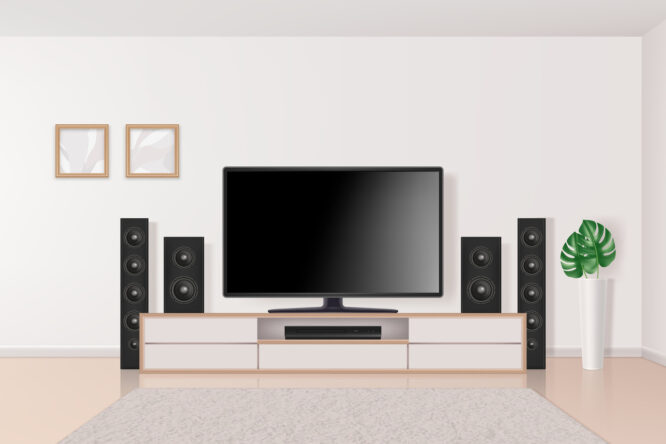
There was a time when having a massive wooden cabinet to house your TV, stereo system, DVDs, and various knick-knacks was a must-have. It dominated the living room and was a clear sign you had all the tech. Now, with flat screens and minimal streaming devices, the bulky entertainment centre just looks over-the-top. Modern setups are sleek, wall-mounted, and streamlined. All those old cabinets usually end up on Facebook Marketplace.
4. Having a DVD or Blu-ray collection on display
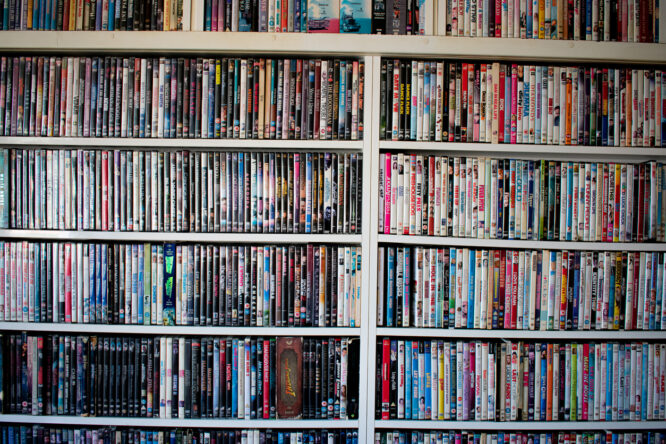
Organising shelves by genre or showing off your box sets used to be a point of pride. The more titles you had, the more serious you were about your taste in films and shows. Streaming has changed all that. Now, big media collections feel clunky and impractical. Unless you’re a die-hard collector, those rows of cases don’t say “refined taste” anymore—they just take up valuable shelf space.
5. Extremely formal dining rooms
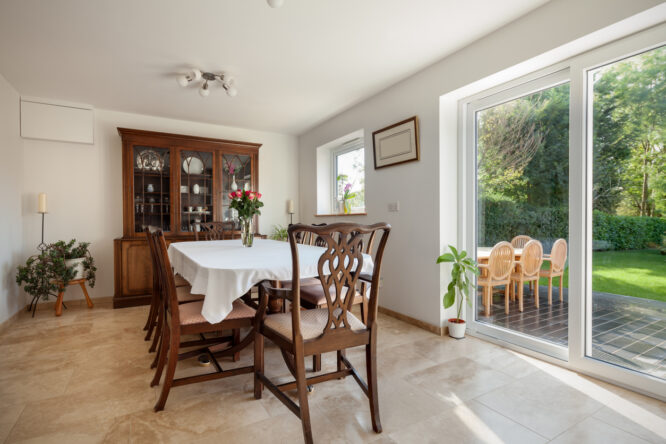
In many households, having a room reserved just for dining, complete with a giant table, matching chairs, and fancy dishware, was a sign of sophistication. It showed you were prepared to entertain properly. Now, most people prefer open-plan kitchens or relaxed eating spaces. The formal dining room often goes unused or gets repurposed into something more practical. It’s less about hosting a dinner party and more about where people actually feel comfortable sitting and chatting.
6. Top-of-the-range GPS units

There was a time when having a standalone sat-nav system mounted on your dashboard felt high-tech. It was the sign of a driver who didn’t mess around with maps or getting lost. However, with smartphone apps like Google Maps or Apple Maps doing the job better and more intuitively, dedicated GPS units have pretty much disappeared. Now, seeing one suctioned to a windscreen feels like a time warp rather than a modern upgrade.
7. McMansions with loads of unused space
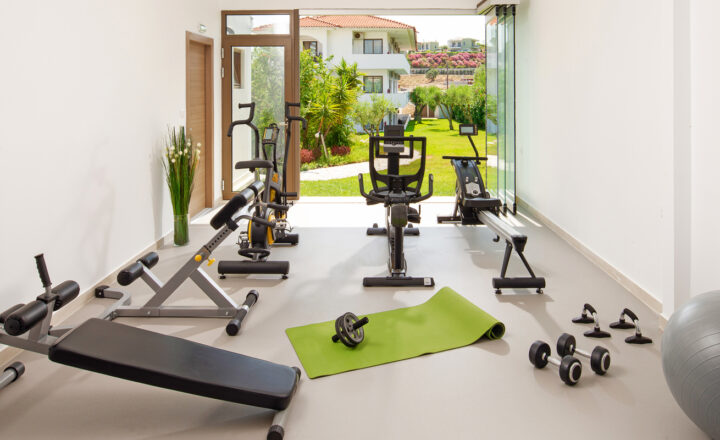
In the early 2000s, owning a sprawling house with extra rooms you didn’t really need—media room, home gym, formal sitting room—was the ultimate sign of having “made it.” The bigger, the better. Now, many people prioritise sustainability, lower maintenance, and smarter use of space. The idea of cleaning or heating unused square footage feels more exhausting than impressive. Function has started to outrank flash.
8. Expensive bottled water brands

Carrying around a certain brand of water used to be part of the whole “wellness and wealth” image. The fancier the label, the more polished you looked—even if it was just, well, water. These days, with reusable bottles and a growing awareness of plastic waste, buying high-end bottled water feels more out of touch than luxurious. People are leaning into sustainability and practicality, not just branding.
9. Business cards with raised gold lettering
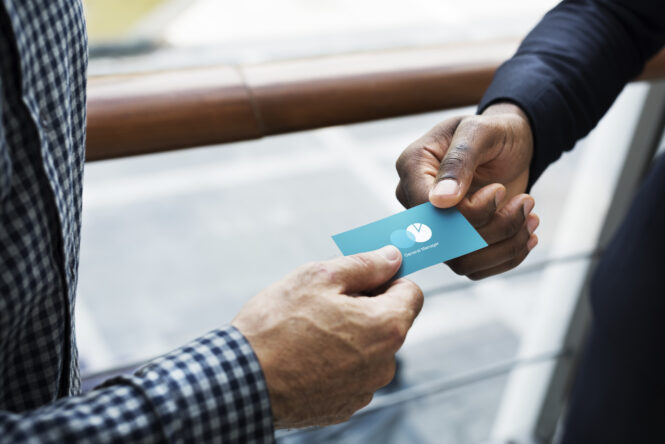
Handing over a weighty business card with embossed details used to be a key part of networking. It felt polished, professional, and showed you took yourself seriously. In a digital-first world, those cards often just end up lost in someone’s wallet, or tossed entirely. LinkedIn or a quick contact exchange on your phone is way more current. Gold foil isn’t the power move it once was.
10. Granite worktops in every home
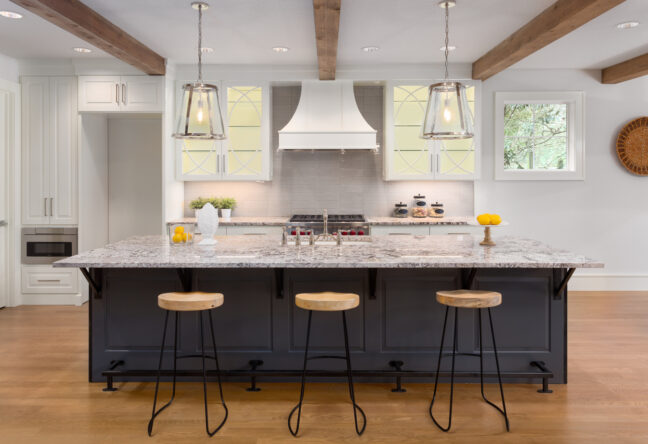
For years, granite was the kitchen counter of dreams. It signalled you’d upgraded from the basics and were fully into the world of “grown-up” homeownership. But now, with so many new materials and trends, granite has lost its shine—literally and figuratively. What once looked high-end now feels like a dated design choice. People are leaning toward quartz, concrete, or even eco-friendly recycled surfaces.
11. Flashy car brands just for the badge

There was a time when the make of your car was everything. Driving certain brands—even if they weren’t necessarily reliable—was a shortcut to status and admiration. Today, more people care about practicality, fuel efficiency, and sustainability. A luxury badge means less when people are asking how much you spend on maintenance or how it fits in tight parking spots. Flexing with a nameplate doesn’t carry the same weight it used to.
12. Ultra-complicated home tech setups
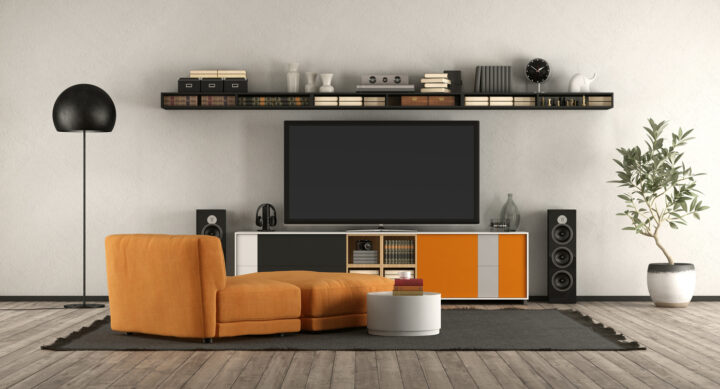
Having a massive universal remote, surround sound wired into every wall, or voice control for lights used to be the dream setup. You’d show it off like it was your home’s control centre. These days, tech has got more user-friendly. No one wants 15 remotes or to troubleshoot just to watch TV. People prefer seamless, simple setups that don’t require a manual—and definitely not a brag sheet.
13. Bragging about how busy you are

Being constantly “booked and busy” used to be seen as a badge of honour. It meant you were in demand, productive, important—someone who couldn’t be slowed down. Today, constantly hustling without rest feels more like burnout in disguise. People admire balance, boundaries, and the ability to enjoy life. Calm is the new luxury, and saying “I’ve got time” might actually be the biggest flex of all.




